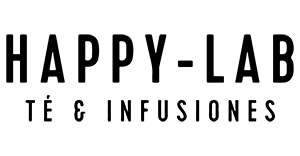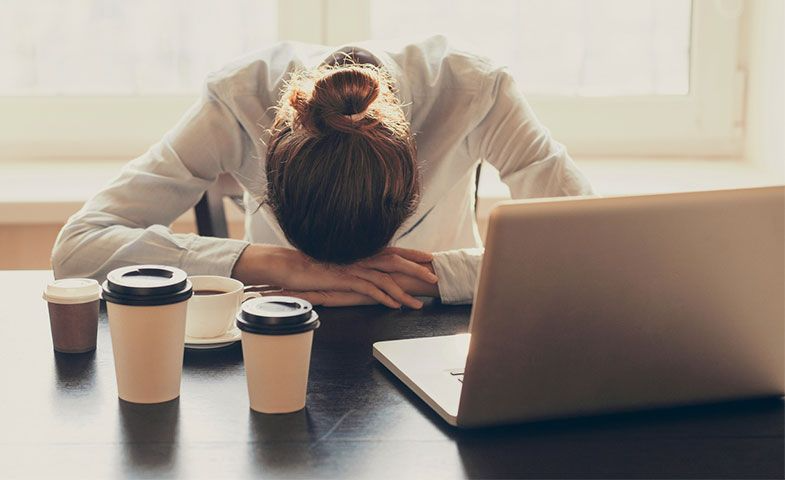Coffee reigns in the breakfasts of the vast majority of adults. It is also present in the mid-morning break, after meals, in the afternoon snack... For its part, tea consumption continues to grow in our country and is making an increasingly important niche for itself.
We take them because we like them, of course. They are comforting drinks that evoke moments, that have their ritual. But we also drink them because they wake us up like a slap in the face. Now, who hits it better?
IT'S ALL ABOUT CAFFEINE
The secret to coffee is, of course, the caffeine . As you well know, this molecule is responsible for that shot of energy that makes us feel so good when we drink coffee.
Tea protein is not a different substance. It's actually caffeine . The only difference is that it is surrounded by other substances typical of tea (non-existent in coffee), which alter its effects on our brain.
Do you know how caffeine works? To start talking about the effects of coffee and tea, we must introduce ourselves to the fascinating chemistry of our body. Let's dust off the old biology notes from the institute. Everyone calm down! We will simplify the explanation as much as possible.
TIREDNESS IS IN YOUR HEAD
The matter begins with the metabolism of sugars . In the process that allows us to extract energy from sugars, a substance called adenosine is produced. This has many functions but, if we want to be smart, one of them is our enemy.
Adenosine has an effect on our neurons . On the surface of these cells there are multiple receptors that are activated and produce an effect in the cell when they come into contact with the appropriate molecule. Imagine this as a lock, which only works with the right key.
When adenosine (the key) fits into its receptors (the lock), an immediate effect is produced: the neurons send the message that we are tired and sleepy. The body gets tired because it is told that it is tired!
But here comes the caffeine. It turns out that the caffeine molecule is shaped so much like adenosine that it takes its place in the brain chair game. Therefore, adenosine cannot activate the neuron and no one tells the body that it is tired. And if no one tells him, he ignores everything and continues the party.
In addition, caffeine is involved in the presence of adrenaline , the substance that makes us alert, increases our reflexes, increases heart rate and stimulates the brain.
SO WHO WINS IN ENERGY?
The effect of caffeine is noticeable 15 minutes after consumption and will be more intense the more receptors are occupied by its molecules . That is, the higher the concentration of caffeine, the more effect it has on the brain (up to a limit, of course).
Coffee has between 80 and 185 mg of caffeine, while tea has 15-70 mg. Therefore, a cup of coffee gives us more energy , wakes us up more and acts faster than a cup of tea. However, its effect wears off faster, while theine remains longer in our body and has a longer effect .
If you decide to resort to tea, a healthier alternative to coffee, these are the teas that contain more theine:
- black tea – Between 25 and 100 mg per cup
- Green Tea – Between 10 and 50 mg per cup
- Red tea – Between 0 and 20 mg per cup (depends on the fermentation process)
- White tea – 1 mg per cup
Ultimately, which one to choose? If you are looking for a quick shot of energy, without a doubt coffee is your friend. But it is also a matter of taste. Which one do you prefer?



